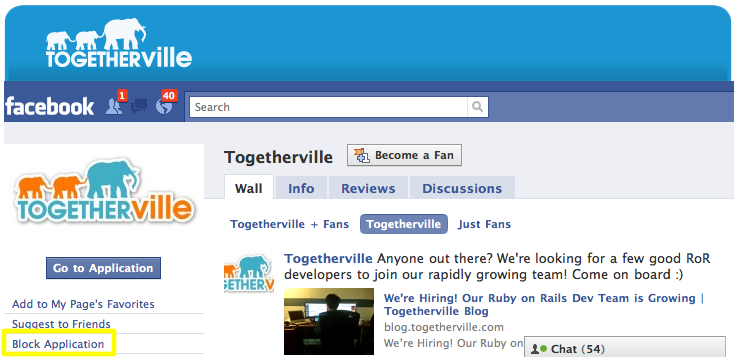Overall, I really enjoyed American Studies day, especially the Slam Poets at the end of the day. They were exciting and engaging and really wrapped up the day nicely. I think its cool that the day showcased a variety of talents - a journalist, a film maker, slam poets, and student/teacher panels.
Friday, May 21, 2010
American Studies Day and Junior Theme Reflection
As I was thinking about American Studies Day (which was awesome), and doing our reflections in class, I thought about Maria Finitzo's work and how it relates to ours, specifically with junior theme. Our junior themes, which we recently finished and turned in, required us to invest a topic we found ... interesting. I know for me, the huge freedom we were given in choosing a topic put more pressure on me to find one I was actually curious/excited about. But I did, and ended up researching genetic engineering, a topic I had previously no knowledge about. We had to come up with a why question and investigate our topic through a variety of sources, without taking a side on the current issue (as many of the topics people chose had sides and controversies). After our discussion with Ms. Finitzo, I realized the process she went through in creating her documentary on stem cell research was very very similar to what we went through, like it was her own "junior theme". Her task was to illustrate stem cell controversy and how it effects us today, without showing her bias and by incorporating many different voices. Just from what we saw on thursday, she had 2 personal stories intertwined together and she interviewed a Catholic bishop. What really impressed me though, was the dedication that Maria Finitzo took to submerge herself in her topic, research and understand it, so that she was sort of an "expert" on stem cell research, just as we were on our topics after completing our junior themes. Ms. Finitzo was extremely knowledgeable on stem cells and a lot of the science, and was able to answer everyone's questions during the discussion. The work that Maria Finitzo does to create intriguing documentaries mirrors what we are taught to do in American Studies, in the regards to thinking critically about the world around us, asking probing questions, and investigating issues that are important to us.
Facebook...for first graders

I recently stumbled across an article on Yahoo, "For Children, a Social Network With Training Wheels" (from the New York Times), about a new social networking site intended for children age 6-10 and their parents. The site, Togetherville, was created by Mandeep Singh Dhillon and according to the article, aims to " "keep children safe from cyberbullying and other online dangers while allowing them to become comfortable with online interaction". Dhillon designed the site so that it is very safe and parent/children friendly. Parents can create social circles of their friends and friends of their children, and choose which applications (games, art projects) that their children can do. Furthermore, kids can comment on their peers posts using preselected phrases.
Mr. Dhillon believes that it is important for children to develop these online social skills at an early age, as our world is becoming more and more technologically advanced. In "The Future Brain", Ray Kurzweil argues that technology is increasing exponentially, and in class, we have discussed our society as becoming more and more data driven and influenced by the media.
But is social networking for first graders appropriate and or necessary?
In the article I read, Vicky Rideout, who studied children's media use for the Kaiser Family Foundation, states, "I'm not sure what the benefit is. Believe me, kids will learn how to use technology and media when the time comes". But has the time come? At 6 years old is it important to develop online relationships and learn how to post pictures and communicate successfully on the web? After all, one could argue that it is just preparing them for Facebook and Twitter, but in a manner that is safe and controlled. But personally, I think that children should be learning how to foster real relationships with people, because interacting with humans in real life is an important skill that will be useful and needed in all aspects of a humans development. It just seems healthier for me for kids to be having playdates, playing outside in the backyard or going to the park, as opposed to sitting inside "interacting" with people online.
Image from: http://wiredpen.files.wordpress.com/2010/02/fb_togetherville_05a.png
Wednesday, May 5, 2010
Junior Theme update 2
As I am trying to edit and revise my paper, I am realizing how hard it is to cut things. In the beginning, I found it extremely hard to condense all of my information and pick the best quotes and support to prove my point. Now, going back, I am trying to make my paper to the point and sharp. I cut out one paragraph that strayed too far from my thesis and the goal of my paper, but I am still worried that within the nine pages-ish that the reader will get lost, so I am trying to make my thesis map as clear as possible and keep everything on track.
It was also difficult to choose the best order for my paragraphs to go in. I wanted it to be logical and flow well so I played around with switching some paragraphs. I also realized how many sources I have, and still others that I didn't get a chance to use in my paper, but still helped guide me throughout the research process.
Subscribe to:
Comments (Atom)